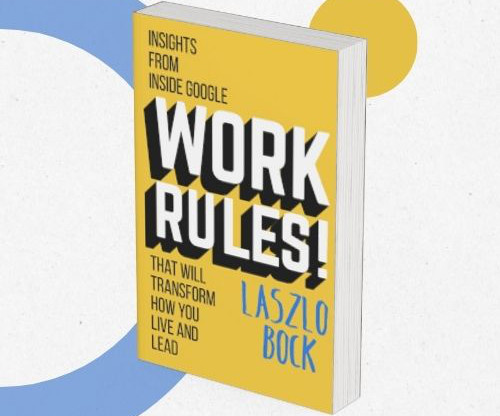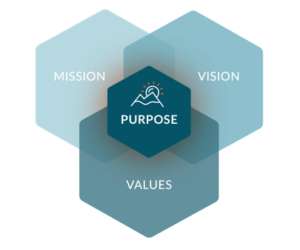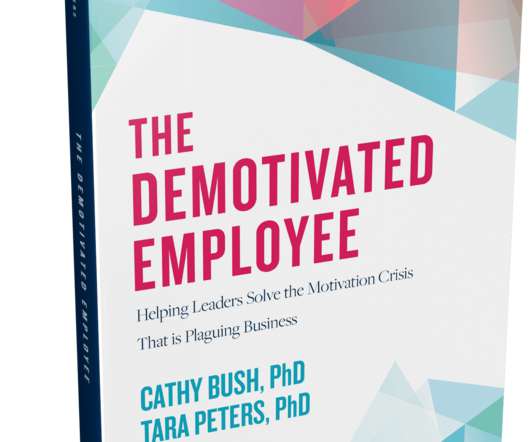Mastering HR: Best HRM Books for Beginners to Read in 2024
HR Digest
APRIL 11, 2024
The top books of 2024 delve into key areas like leadership, organizational culture, and employee relations. Spina underscores the need for HR to play a strategic role in shaping the organization’s direction, adapting to change, and focusing on talent management, diversity, and inclusion.












Let's personalize your content